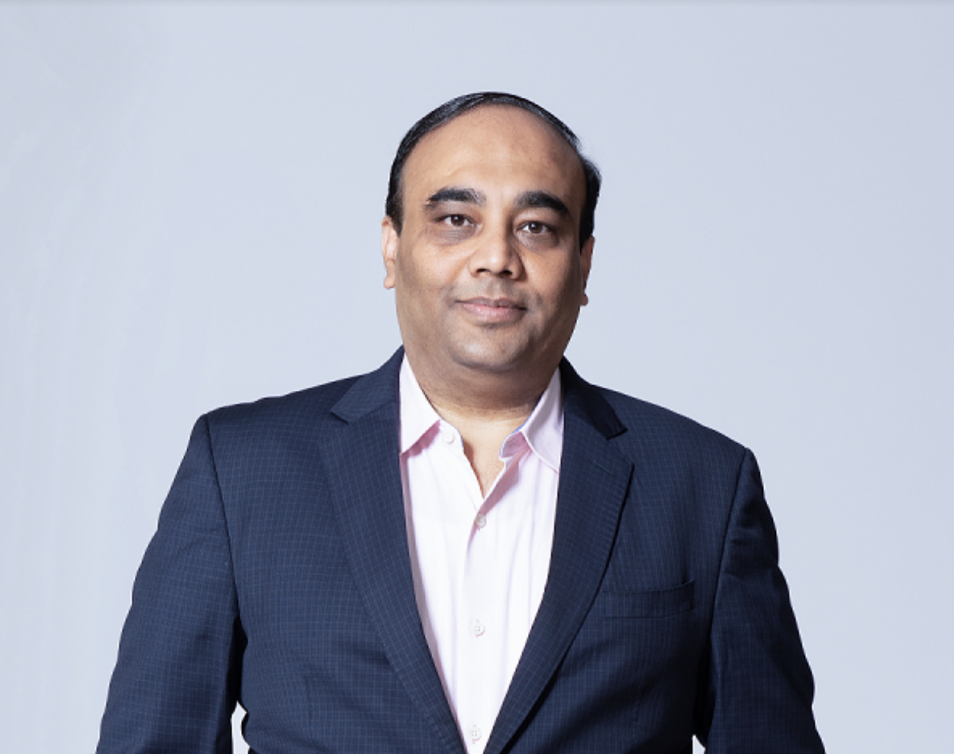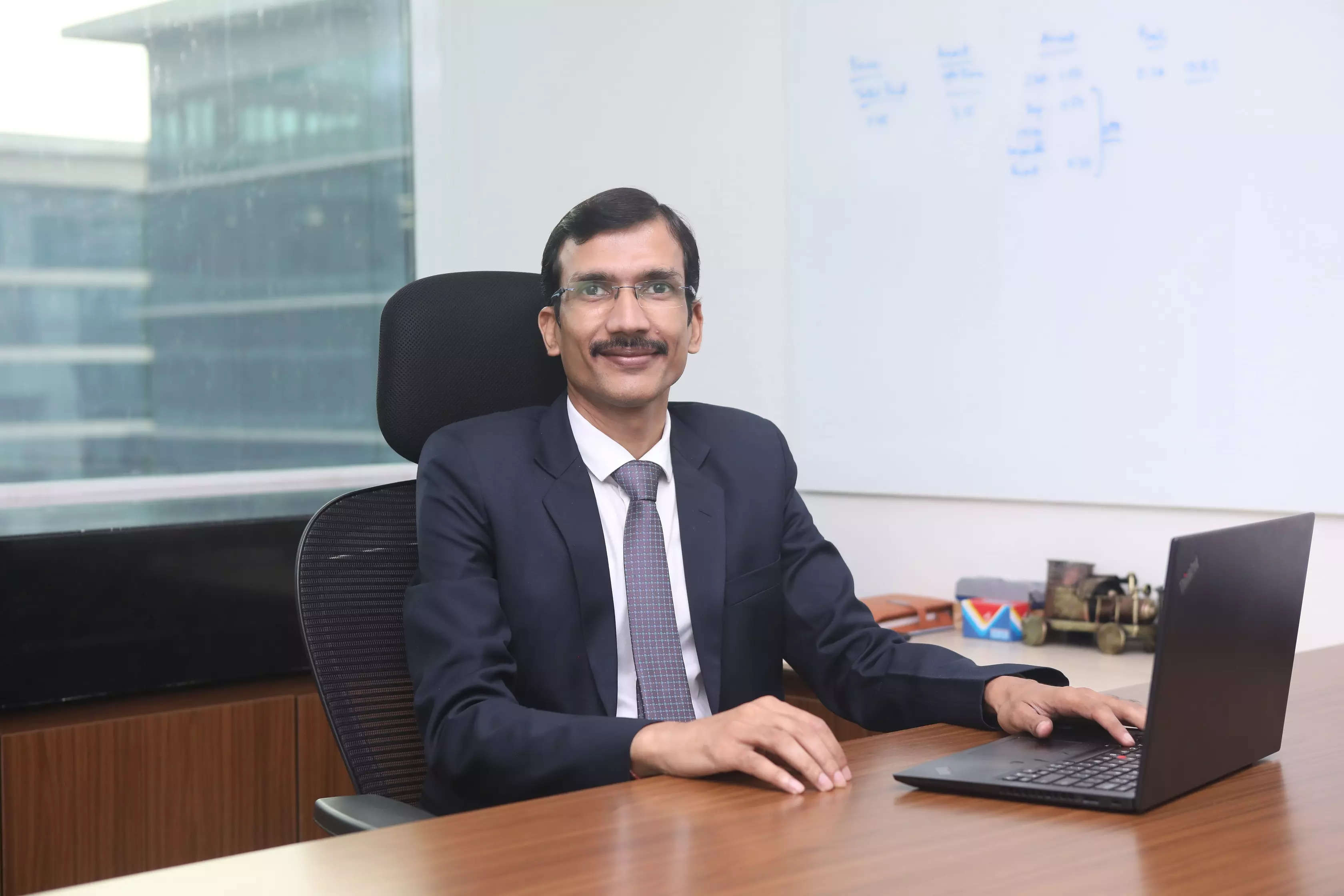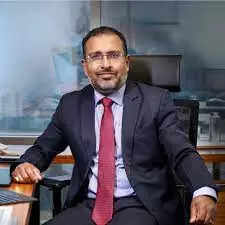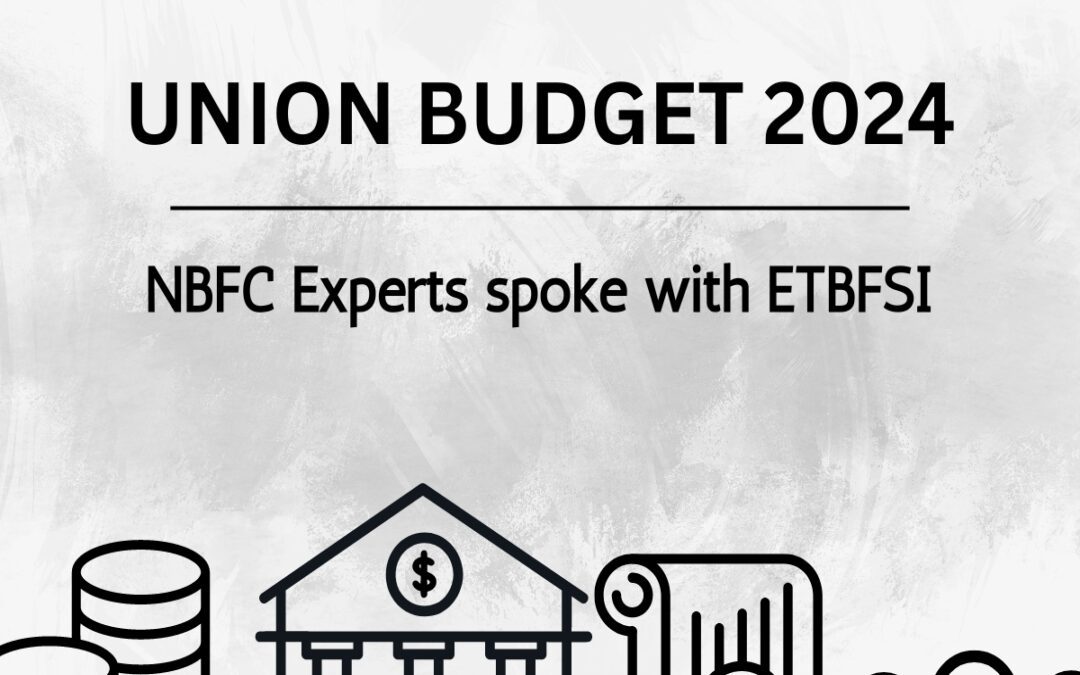~ Shrishti Sharma
Finance Minister Nirmala Sitharaman presented the Union Budget 2024, an interim one considering the Lok Sabha elections, highlighting the developments of the government in recent past.
Some of the key achievements and forecast highlighted by the minister were the success of PM-SVANidhi, aiding 78 lakh street vendors, with 2.3 lakh benefiting thrice, PM Mudra Yojana has sanctioning 43 crore loans, totaling `22.5 lakh crore, fueling youth entrepreneurship. Fund of Funds, Start Up India, and Start Up Credit Guarantee schemes contribute to youth employment. In agriculture, Pradhan Mantri Formalisation of Micro Food Processing Enterprises Yojana assists 2.4 lakh SHGs and 60,000 individuals through credit linkages, showcasing a holistic approach to economic development.
The Budget Speech highlighted the government’s initiatives, including credit assistance to street vendors and substantial support for the entrepreneurial aspirations of the youth. The budget’s theme focused on “Viksit Bharat” and “Developed India by 2047,” with a novel definition to GDP – Government, Development, Performance.
In the aftermath of the Budget presentation, Non-Banking Financial Companies (NBFCs) are poised for growth, anticipating new avenues. Meanwhile, Micro, Small, and Medium Enterprises (MSMEs) echo the need for tailored support, emphasising their pivotal role in fortifying India’s economic renaissance.
While you are still wrapping your head around the populist vs pragmatic budget debate, Hear what the NBFCs experts told ETBFSI.
Anand Bang, COO – Sales & Marketing, Tata Motors Finance:

“A substantial emphasis has been placed towards fortifying the logistics sector through multi-modal development and connectivity interventions, notably exemplified by the Gati Shakti initiative. We foresee immense opportunities for NBFCs to emerge as growth catalysts, facilitating last-mile credit access and bespoke financial solutions for transporters and logistics players to meet their CV fleet expansion and upgradation requirements driven by India’s robust infra push.”
Mr. Vishal Kampani- Non-executive Vice Chairman, JM Financial Limited:

“The capex outlay is sizable, with specific mention of development in eastern India. The government’s commitment to reaching Net zero by 2070 is evident, backed by announcements in solar rooftop schemes and viability gap funding for green initiatives. The lower than expected target of fiscal deficit for FY25 shows commitment towards fiscal consolidation, though it comes at the cost of lower capital outlay.”
Mr. Kishore Lodha, Chief Financial Officer, U GRO Capital:

“Extending Ayushman Bharat cover to Anganwadi and Asha workers, alongside consolidating maternal and child healthcare schemes, aims to address rural health challenges and fosters opportunities for Healthcare MSMEs. Accelerating digitalization is paramount for achieving the vision of a $7 trillion economy in today’s evolving digital global fabric.”
Ketan Mehta, CFO, CredAble:

“There is a missed opportunity in enabling the growth of MSMEs as part of the Indian ecosystem. Acknowledging MSMEs as a cornerstone of our economy is crucial for sustainable global competitiveness. The potential impact lies in the announcement of long-term interest-free loans for R&D in sunrise sectors, recognizing that strategic debt can act as a catalyst for innovation and research.”
Mr. Sudipta Roy, Managing Director & CEO, L&T Finance Holdings Ltd.:

“By presenting a fiscally prudent Budget, the government has created conducive conditions for the private capex cycle revival. A strong push given to rural housing and agri-allied activities augurs very well for the business model of retail-oriented NBFCs. Today’s Budget will improve international investors’ perception of India’s macro-financial stability and strengthen India’s position as one of the best investment destinations globally.”











